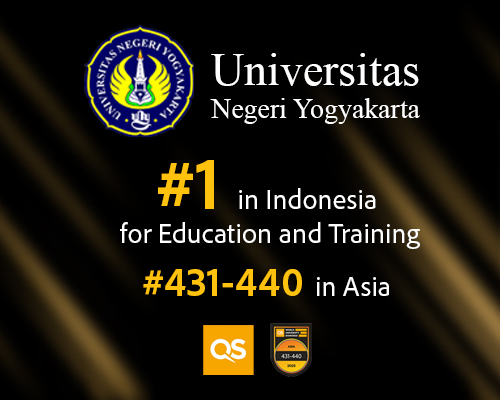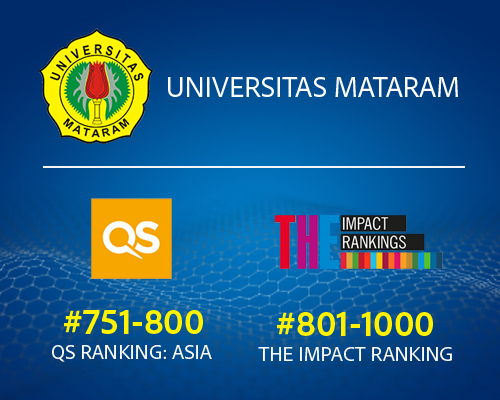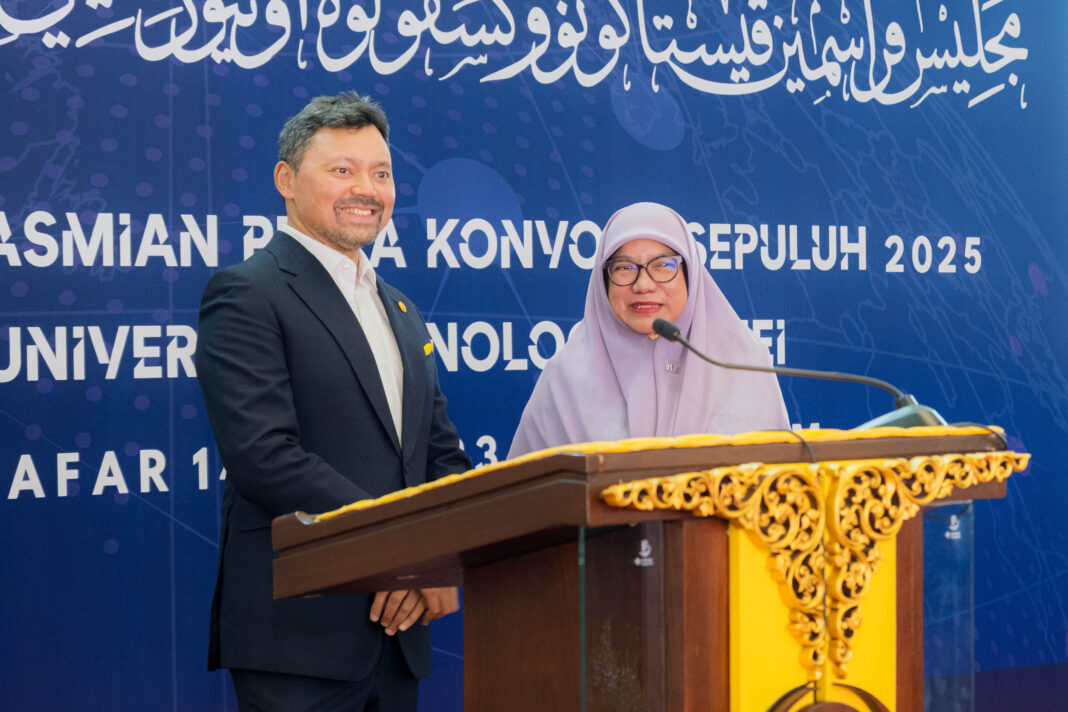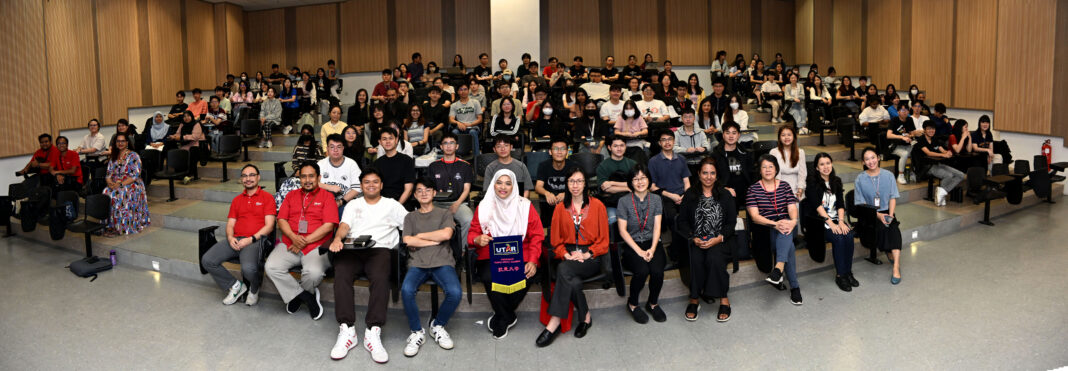Have you ever wondered what happens when an entire nation races to embrace artificial intelligence? Singapore is finding out, as Prime Minister Lawrence Wong mentioned AI around 40 times in his recent National Day Rally speech, positioning it as “a defining technology of our time.” But here’s the thing – while the push for AI adoption is unmistakable, the real challenge isn’t about speed or efficiency. It’s about preserving what makes work meaningful in the first place.
Singapore’s AI Push Must Not Come at the Cost of Meaningful Work
In Singapore’s AI push, what truly matters is how it enhances – rather than erodes – the meaning and purpose we derive from our work, says NUS lecturer Jonathan Sim. Meanwhile, recent data reveals a striking reality: only 19 per cent of firms in Singapore have adopted artificial intelligence or machine learning tools, leaving significant room for growth but also raising crucial questions about implementation.
The Gap Between Ambition and Reality
Prime Minister Lawrence Wong’s message has been crystal clear across multiple recent speeches – Singapore cannot afford to sit on the sidelines as AI reshapes the global economy. At a conference hosted by the Institute of Policy Studies and Singapore Business Federation, he emphasized that Singapore needs to “think harder” about helping every company “make full use of AI”.
During his National Day Rally speech, Wong described his vision to “equip and empower every enterprise, especially our SMEs – to harness AI effectively, and sharpen their competitive edge.” However, the challenge lies not in the ambition itself, but in how this technology will be thoughtfully integrated into workplaces without stripping away the very essence of what makes work fulfilling.
A Camera Does Not Make Someone a Photographer
When we hear “AI adoption” coupled with productivity gains, automation immediately springs to mind – technology performing tasks faster and cheaper. As a result, there’s a tempting allure of cost savings and efficiency. But this raises a critical concern: are we risking automation without reflection?
Consider this real-world example from NUS lecturer Jonathan Sim: he once tried to order bubble tea without ice, but the cashier refused – not because it was difficult, but because “the system” wouldn’t allow the order to be processed. All she needed to do was omit the ice, yet she surrendered her judgment to the machine. This seemingly trivial incident reveals how easily humans can abdicate their agency to technology.
For example, we’re already witnessing similar patterns in organizations with poor outsourcing practices, where staff become over-reliant on external companies. This dependency weakens decision-making capabilities and detaches workers from their core responsibilities, leaving them less confident and capable.
Understanding Human Agency in the Workplace
Agency represents the psychological conviction that we possess the freedom and ability to shape our environment. Those with diminished agency often feel powerless to effect change and resign themselves to existing circumstances.
The philosopher Georg Wilhelm Friedrich Hegel described work as a dialogue between the human mind and the world. A sculptor imprints ideas onto clay through hands-on manipulation, while simultaneously learning about the material’s properties and limitations. This interactive process builds practical knowledge, problem-solving abilities, and innovation capacity.
Through this lens, work becomes more than task completion – it fosters mastery, builds confidence, and grants freedom. The challenge for Singapore’s artificial intelligence integration lies in preserving this essential dialogue rather than allowing AI to sever it entirely.
Technology Should Make Us Better, Not Just Faster
To leverage AI meaningfully while enhancing productivity, workers must remain “in the loop” – staying engaged, questioning, and reflective. This means resisting the temptation to accept AI-generated answers uncritically and maintaining curiosity to probe deeper into results.
According to research from the MIT Sloan School of Management on human-AI collaboration, successful implementation requires workers to stay engaged in their responsibilities, understand ground-level realities, and possess the courage to challenge AI outputs when instincts suggest otherwise.
At its core, AI remains fallible, limited, and prone to error – much like its human creators. It only appears “superior” when we surrender our agency to it completely. Without a fundamental mindset shift, organizations risk using AI to detach from meaningful work rather than enhance it.
The Path Forward for Meaningful AI Integration
As long as workers remain actively engaged – steering, questioning, and shaping outcomes alongside AI – these tools will amplify human potential and creativity rather than diminish it. This approach mirrors how artists create beautiful works with simple tools like pencils, where the instrument serves as an extension of creativity and judgment rather than a replacement for it.
Singapore’s AI future shouldn’t focus solely on adopting the latest tools, but on thoughtful integration that preserves the meaning and purpose workers derive from their contributions. The nation’s success will ultimately depend not on how quickly it can automate processes, but on how well it can maintain the essential human elements that make work fulfilling and productive.
As Singapore charts its AI trajectory, the question isn’t whether to embrace this technology – that decision has already been made. Instead, the challenge lies in ensuring that this technological leap enhances rather than erodes the fundamental human experience of meaningful work. Only by maintaining this delicate balance can Singapore truly realize AI’s potential while preserving what makes us uniquely human in the workplace.






